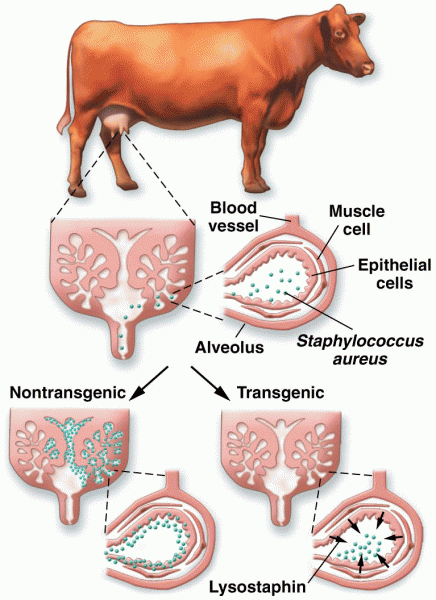|
|
|
In inpatient settings, adverse drug events account for an estimated one in three of all hospital adverse events. They affect approximately 2 million hospital stays every year, and prolong hospital stays by between one and five days.
Tobacco depletes the body of vitamins A, C, and E, which can result in any of the following: dry hair, dry skin, dry eyes, poor growth, night blindness, abscesses, insomnia, fatigue, reproductive system problems, sinusitis, pneumonia, frequent respiratory problems, skin disorders, weight loss, rickets, osteomalacia, nervousness, muscle spasms, leg cramps, extremity numbness, bone malformations, decayed teeth, difficulty in walking, irritability, restlessness, profuse sweating, increased uric acid (gout), joint damage, damaged red blood cells, destruction of nerves, infertility, miscarriage, and many types of cancer.
The familiar sounds of your heart are made by the heart's valves as they open and close.
Women are 50% to 75% more likely than men to experience an adverse drug reaction.
Allergies play a major part in the health of children. The most prevalent childhood allergies are milk, egg, soy, wheat, peanuts, tree nuts, and seafood.
 Mother giraffe and calves feeding. It is mostly the females that raise young, and they may gather in
Mother giraffe and calves feeding. It is mostly the females that raise young, and they may gather in
 After being sure all pads are correctly positioned, use the electromechanical controls to raise the ...
After being sure all pads are correctly positioned, use the electromechanical controls to raise the ...





